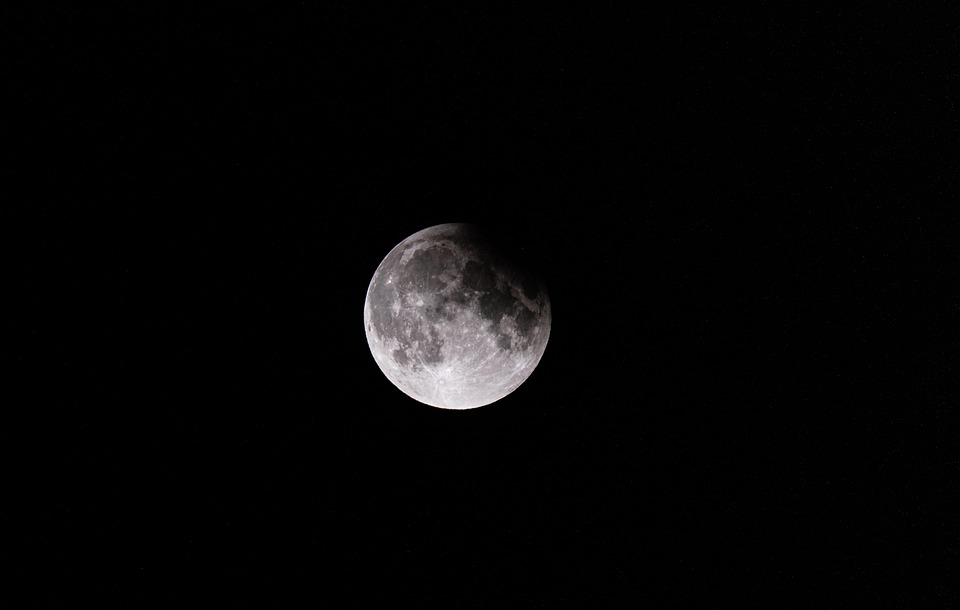The Cosmic Connection: How Lunar Eclipses Influence Human Emotions and Behavior
For centuries, humans have been fascinated by the night sky and the mysteries of the universe. One phenomenon that has captivated our imagination is the lunar eclipse, a rare and awe-inspiring event that has been observed and studied by ancient cultures and modern scientists alike. But beyond its visual splendor, the lunar eclipse is believed to have a profound impact on human emotions and behavior. In this article, we will explore the cosmic connection between lunar eclipses and human psychology, and examine the ways in which these celestial events influence our emotional and behavioral patterns.
What is a Lunar Eclipse?
A lunar eclipse occurs when the Earth passes between the Sun and the Moon, blocking the sunlight that normally reflects off the Moon’s surface. This can only happen during a full moon, when the Moon is on the opposite side of the Earth from the Sun. There are three types of lunar eclipses: penumbral, partial, and total. A total lunar eclipse, also known as a “blood moon,” is the most dramatic and visually striking, as the Earth’s atmosphere scatters the sun’s light, casting a reddish-orange glow on the Moon.
The Astrological Significance of Lunar Eclipses
In astrology, lunar eclipses are considered to be significant events that can influence human emotions and behavior. The Moon is associated with the subconscious, intuition, and emotional patterns, while the Earth represents the physical world and our rational, conscious mind. When the Earth blocks the sunlight, it is believed to disrupt the normal flow of energy between the Sun, Moon, and Earth, causing a ripple effect in our collective emotional and psychological landscape.
The Emotional and Behavioral Impact of Lunar Eclipses
Research has shown that lunar eclipses can have a profound impact on human emotions and behavior. Here are some of the ways in which lunar eclipses can influence us:
- Emotional Intensity: Lunar eclipses can amplify our emotions, making us more sensitive and reactive. This can lead to increased anxiety, irritability, and mood swings.
- Increased Intuition: The Moon’s association with intuition and subconscious patterns can lead to heightened intuitive awareness during lunar eclipses. This can manifest as vivid dreams, increased psychic abilities, or a stronger connection to our inner selves.
- Relationship Dynamics: Lunar eclipses can affect our relationships, causing tensions and conflicts to arise. This can be due to the increased emotional intensity and the tendency for people to become more confrontational and defensive.
- Personal Transformation: Lunar eclipses are often seen as opportunities for personal growth and transformation. The disruption of the normal energy flow can catalyze us to confront our fears, let go of old patterns, and embrace new perspectives and opportunities.
- Collective Unconscious: The lunar eclipse can tap into the collective unconscious, a concept introduced by Carl Jung. This refers to the shared reservoir of archetypes and memories that are common to all humans. The eclipse can trigger a collective response, influencing our shared emotional and psychological landscape.
The Science Behind the Cosmic Connection
While the astrological significance of lunar eclipses is rooted in ancient traditions and symbolism, there is also scientific evidence to support the idea that these events can influence human emotions and behavior. Research in the fields of chronobiology and neuroscience has shown that the Moon’s cycles can affect our circadian rhythms, hormonal balance, and brain activity.
For example, studies have found that the full moon, which often coincides with lunar eclipses, can lead to increased emergency room admissions, crime rates, and accidents. This has been attributed to the Moon’s gravitational pull, which can affect the tides and our bodily fluids, leading to changes in our emotional and behavioral patterns.
Conclusion
The cosmic connection between lunar eclipses and human emotions and behavior is a complex and multifaceted phenomenon that has been observed and studied for centuries. While the scientific community continues to debate the extent to which lunar eclipses influence our psychology, the anecdotal evidence and astrological symbolism suggest that these events can have a profound impact on our emotional and behavioral patterns.
As we gaze up at the night sky during a lunar eclipse, we are reminded of our place within the larger universe and the intricate web of relationships that binds us to the celestial bodies. By acknowledging and embracing this cosmic connection, we can tap into the transformative power of the lunar eclipse, using it as an opportunity for personal growth, self-reflection, and emotional healing.


Leave a Reply